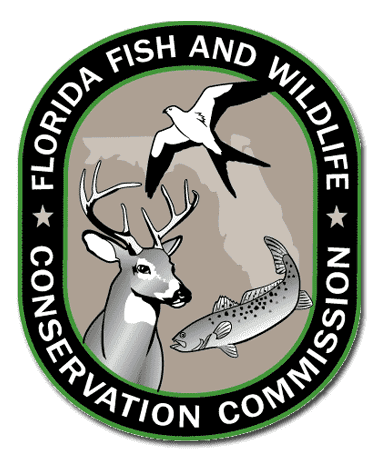Florida FWC Plan Calls for Managing Hydrilla at Lowest Levels in Lake Apopka

In January, staff of the Florida Fish and Wildlife Conservation Commission (FWC) met with the public at a meeting in Winter Garden to learn how people would like hydrilla and other invasive aquatic plants managed on Lake Apopka. The FWC incorporated the comments from that meeting into the 2012-13 management strategy, which calls for controlling hydrilla at the lowest possible level in Lake Apopka.
The amount of hydrilla in the lake is currently very small, and managing it according to the plan will prevent it from becoming a large scale, expensive problem. Hydrilla easily spreads among water bodies and quickly becomes invasive if not properly managed.
The aquatic plant management plan is in place for the period of July 1, 2012 through June 30, 2013 and calls for treating up to 200 acres of hydrilla if it becomes necessary during this time period. The FWC has budgeted $132,000 for hydrilla control in Lake Apopka, if necessary, but hopes that much less will be needed. The FWCs funding for aquatic plant control is provided through the state’s Invasive Plant Control Trust Fund.
Aquatic plant managers warn that accurately predicting the cost of managing invasive aquatic plants or even how many acres will need to be treated in any given fiscal year is difficult. For that reason when managers develop treatment plans they estimate budget and acreage at the high end of the spectrum. Frequent monitoring throughout the year will determine the extent and timing of any treatments.
“Where and how quickly these types of plants grow depends upon a number of factors, many of which are not predictable, said Nathalie Visscher, FWC invasive plant management biologist. “These include lake conditions such as a change in nutrient levels, which affect plant growth rates; drought; excessive rain; temperature; as well as management tools and other activities that may be occurring within the lake’s watershed. People are often looking for exact dollar and acreage amounts, but we can offer only educated estimates. We never know what to expect; predicting Mother Nature is a difficult task.”
Before developing the 2012-13 aquatic plant management plan for Lake Apopka, the FWC considered input from a wide variety of user groups to create a balanced approach.
“At the meeting last January, we heard from business and property owners, anglers, hunters, bird watchers, boaters and others who have a vested interest in the lake,” Visscher said. “That and future meetings are part of an ongoing process to maintain a regular dialogue with stakeholders about aquatic plant management on Lake Apopka.”
For more details about hydrilla management on Lake Apopka, contact Nathalie Visscher at 321-228-3364.

